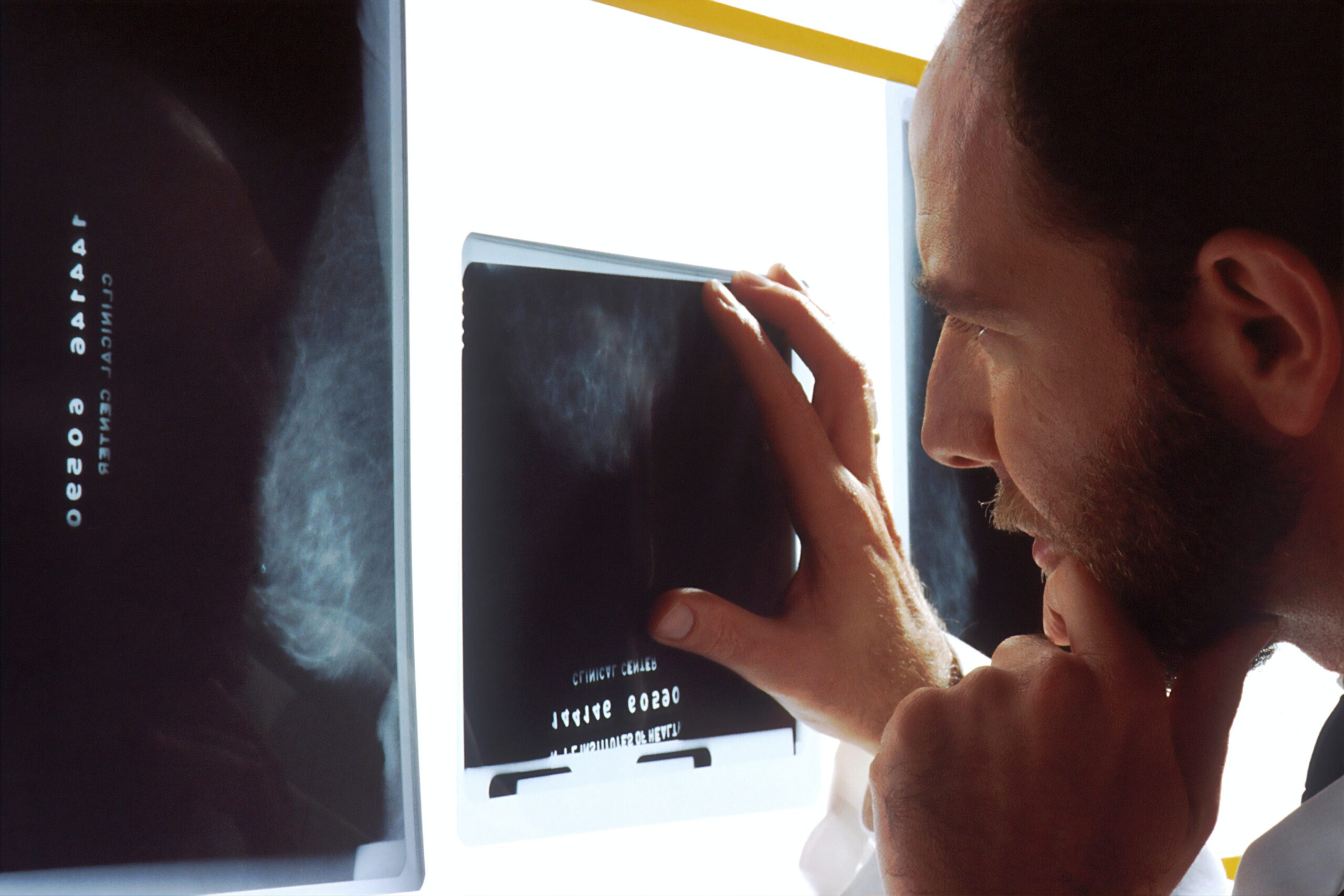Perimenopause is the time leading up to the end of menstruation, and it may last for up to ten years, meaning you could hit perimenopause even as early as your late thirties (though that is considered early) to early forties. Menopause is defined by the end of the period for a full year, and it typically happens during the late forties to mid-fifties (the average age is now 52 rather than 49 because of our excesses).
The symptoms of perimenopause range from mild night sweats or premenstrual hot flashes to multiple symptoms such as changes in menstrual pattern, hot flashes, night sweats, sleep problems, vaginal and skin dry ness, mood changes, decreased mental clarity, hair loss or thinning, and decreased libido.
During perimenopause, your endocrine system and your ovaries are starting to weaken, making lower levels of hormones such as estrogen and progesterone. This is a natural signal of your reproductive aging process.
When we think of perimenopause and menopause, we often think of it similarly to how we think about disease—the symptoms. But in TCM, this is recognized as a stage of life that we call the “second spring.” Spring is nature’s time to bring new life—flowers bud, trees re-leaf, and animals give birth. The first spring is when we may bear children, while the second spring is a time when women may find a shift in their creative energies, discovering new creative passions or skills.
So why do some women suffer “the change” worse than others? Let’s rephrase it: why do some women suffer more and worse perimenopause symptoms than others?
First, it is important to make clear that peri/menopause is not a disease, and hormones are not the solution. The body wants to stop producing estrogen and progesterone; even bioidentical hormones can stagnate the Qi and lead to depression.
Often women ask me how they know when they are in perimenopause. The signs are there: you have only to read them. Take sleep—it is more shallow; are you more restless? Do you find that you are not able to sleep for as long a period of time? Or perhaps you are finding yourself taking more frequent naps. All of these sleep issues can point to peri menopause, especially when occurring premenstrually.
A lot of it has to do with a woman’s basic health prior to and during menopause. The most common causes of menopause symptoms are lifestyle and diet, with the number-one factor being overworking. Overwork drains energy from the body, causing a faster decline in Kidney Qi (Kidney Qi represents the energetic system that controls the reproductive function from the menstrual cycle to the menopause).
The prevailing conventional medical narrative tells us we need estrogen for bone strength and cardiovascular health. Since we know that nature didn’t err, however, we can see that as Yin declines, we are called to shift any remaining violent Yang movements that our Heart and bones can no longer withstand. The transformative Fire of the menopausal transition is meant to burn off any unhealthy patterns that were not addressed earlier in life so we can move past residual egoic drives for emotional gratification. This is the time to face the dark heavy places so they can be left behind.
The good news is that, if you are a woman, you know the basic timeline of hormonal shifts to come. In fact, if you know when your mother hit perimenopause and menopause, yours will likely arrive around the same age. This means that you can prepare well in advance, making the transition smoother.
Is there is any way to slow down the perimenopause process; that is, is there any treatment for perimenopause?
This question is most often on the minds of women who are trying to get pregnant.
The answer is that you can sometimes use a natural approach with Chinese herbs and acupuncture to counteract the aging process taking place in your reproductive system.
For a proper assessment, it would be convenient to check your case in person. Therefore, please free to book an appointment here where you will be assessed for the best treatment for you.
Additionally, especially when you are struggling with hot flashes, night sweats, dryness symptoms, anxiety, and insomnia, I would also suggest to:
– Avoid stimulants like caffeine.
– Steer clear of sugar, alcohol, greasy foods, and spicy foods.
Photo: freepik



